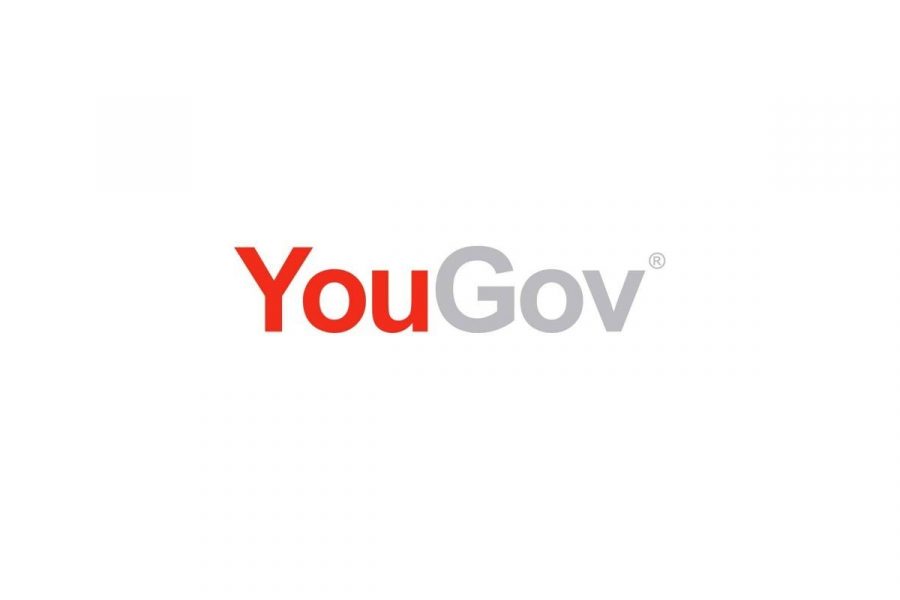Survey shows huge transition to online gaming

YouGov’s international gambling report shows the pandemic transformed gambling preferences in the last year.
UK.- The London-based market research company YouGov has published its international gambling report 2021, revealing a massive change in preferences in favour of online gaming as a result of the Covid-19 pandemic.
The report carried out with Prolific North studies gambling behaviours in 13 countries. It found that 63 per cent of respondents internationally said they would rather gamble online than in a casino or another physical venue.
Some 42 per cent of respondents claimed to have played lottery online in the last 12 months, more than those that took part in sports betting (36 per cent), online casinos (13 per cent) and bingo (11 per cent).
That lottery remains the most popular form of gambling seems fairly predictable given the broad regulation of lotteries globally, but the survey suggests that despite technological advances and the transition online, casino and sports betting remains some way from taking the lottery crown.
Meanwhile, lottery has transitioned online, with online sales being more popular than retail. Some 23 per cent of respondents said they had bought an instant win lottery ticket online. Some 42 per cent of lottery players said they play in the hope of winning a large prize, while 38 per cent played for fun.
The report also looked into the role of gender and found that women were more likely to play lotteries than men. It said: “The data may reaffirm certain gender stereotypes. Participation among female gamblers is higher among many lottery games, as well as bingo and keno, while participation levels lag behind those of males for nearly every other online product type.”
Regulation and responsible gambling
The survey also probed players’ feelings about regulation and responsible gambling. It found that 57 per cent believe operators do not take problem gambling seriously, while 44 per cent believed governments needed to do more to protect gamblers.
It found: “A pertinent issue for regulators and their governing legislators is the relative lack of popularity for online lottery products among younger generations.
“Furthermore, those that believe gambling is a reliable way to make money are unsurprisingly more likely to gamble overall. Specifically, these respondents are ten points more likely to play skill games such as online table games, financial betting, online poker, fantasy and esports.”
The latest participation and problem gambling survey conducted by the British regulator, the Gambling Commission, found that gambling participation in Britain fell by 3.5 percentage points to 41.6 per cent in June. The rate of gambling-related harm fell to 3.1 per cent.
See also: Survey finds little awareness of safer gambling tools in Britain










